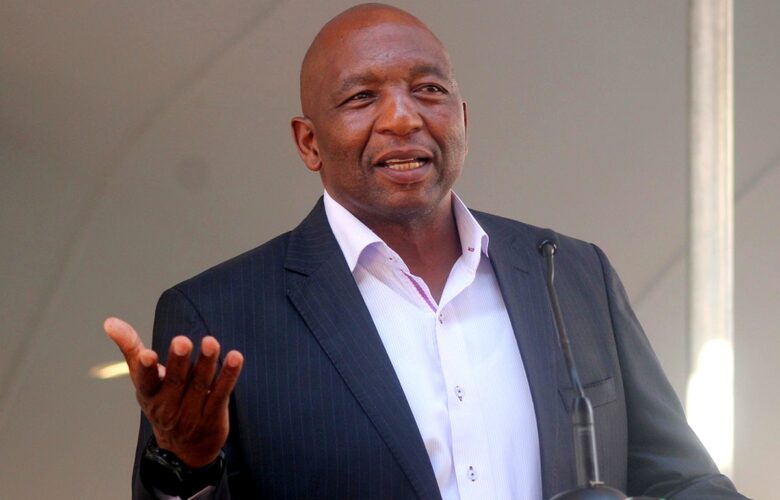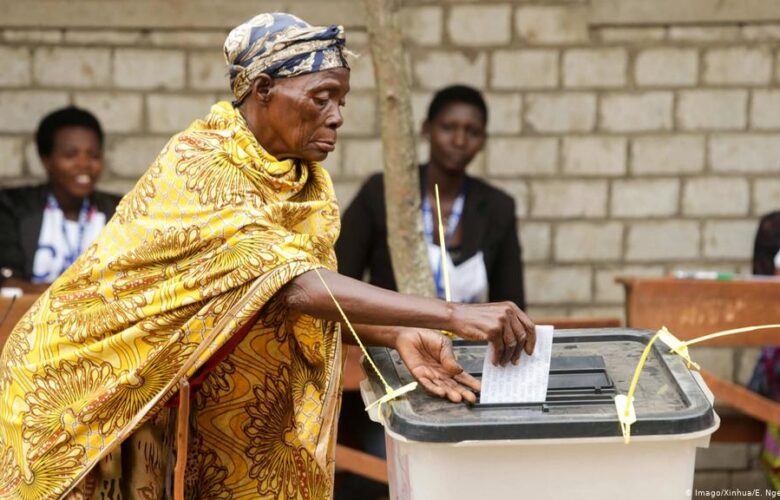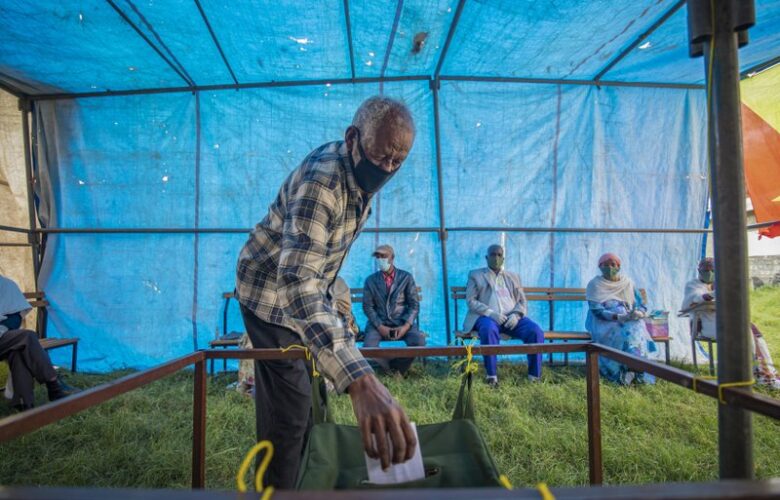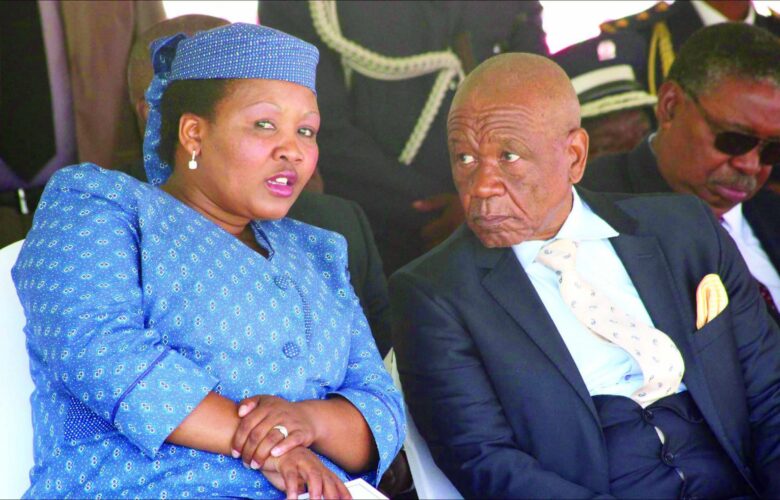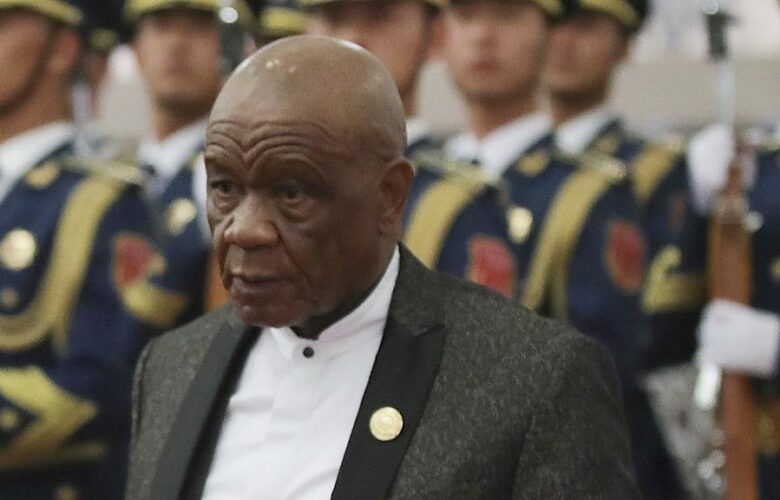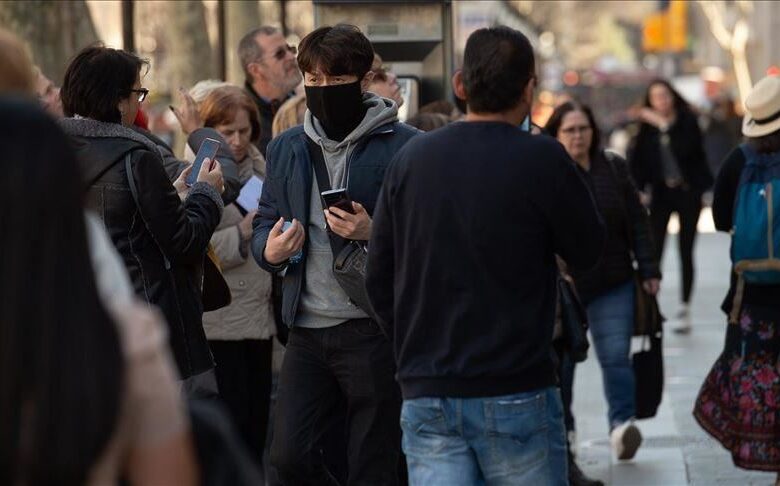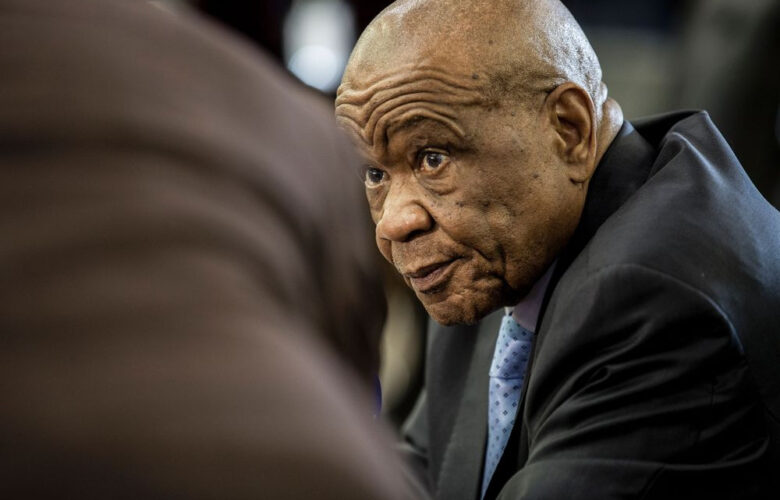Lesotho’s diamond tycoon Sam Matekane got sworn in as the country’s new prime minister on Friday at Maseru’s Sesoto Stadium,…
Read More »Lesotho
Lesotho (in long form the kingdom of Lesotho, in South Sotho Muso oa Lesotho and in English Kingdom of Lesotho) is a mountainous southern African state without access to the sea, entirely landlocked in the territory of Africa South, on which it is economically dependent. Former British protectorate (Basutoland), the country gained independence in 1966. Today it is a constitutional monarchy whose sovereign is Letsie III and Prime Minister Tom Thabane (since 2017). Its capital and only big city is Maseru. Lesotho has about two million inhabitants. The Sothos who gave their name to the country are in the majority. Most are Christians. The two official languages are English and Southern Sotho.
Lesotho’s history
Bushmen have left traces since prehistoric times, and are reported, alongside some passing Nguni, in the sixteenth century when the Sothos, a Bantu ethnic group from Central Africa, arrive and settle in this part of Africa. The current population was born from the mixture of these peoples. At the beginning of the 19th century, the first white traders arrived in the region (henceforth called Basutoland). In 1820, the king of the Sothos, Moshoeshoe I (c. 1800-1870) unifies the Sotho tribes in order to defend themselves against Zulu raids. He concentrated his people in the Basouto massif and managed to preserve their independence. But, from 1840, Lesotho had to face another threat, that of the Boers, the Dutch settlers of South African origin, who wanted to appropriate their lands. It was attacked several times by the Orange Boers (1858-1864-1867) and its territory was cropped to the west. In 1868, in order to protect himself from the Boers, Moshoeshoe I asked for the help of the British, who established a protectorate on the territory. From 1899 to 1902, Lesotho, as a protégé of the British crown, was caught in the turmoil of the Second Boer War, which ended with the defeat of the Boers.
When the Union of South Africa was created in 1910 and the Republic of South Africa in 1961, Lesotho remained separate, autonomous under the British protectorate, and under the name of Basutoland. The mountainous geography of the country and the absence of gold and diamonds contributed to the safeguard of its autonomy. On October 4, 1966, the kingdom of Lesotho became independent from the United Kingdom within the framework of the Commonwealth. Power will now be shared, not without coups but without deaths until 1998, between the royal house, the army (formed by the British) and the class of civilian oligarchs. As elsewhere, democracy fails to impose itself, and the people can only suffer from the successive powers. Following contested elections in January 1970, Leabua Jonathan canceled the consultation, declared a state of emergency, suspended the constitution and dissolved Parliament. He obtained the departure of King Moshoeshoe II in exile on April 3 and cumulated the functions of Head of State and Prime Minister until June, date on which he accepted the return of the King when he validated the cancellation of the elections. In 1986, a military coup dismissed Jonathan and returned his powers to the king.
King Moshoeshoe II was again exiled to England in 1990, following the military coup d’etat which General Justin Lekhanya was behind. On November 12, 1990, his son Letsie III was called to the throne to succeed him. But on January 25, 1995, Moshoeshoe II became king again and remained so until his death in a car accident on January 15, 1996. In 1993, the constitutional government was restored after a 23-year waiting period during which the military ruled the country. In 1998, violent protests associated with a military mutiny provoked a brief but bloody intervention by South Africa following contested elections. Another constitutional reform has restored stability in the country, but xenophobia towards South Africans is increasing. On August 30, 2014, the country suffered a military coup led by the then Chief of the General Staff, General Tlali Kamoli, who had been dismissed. Prime Minister Tom Thabane leaves Lesotho and rejoins South Africa where he requests international assistance, before returning to Lesotho on Tuesday September 2.
Lesotho’s politics
Lesotho is a constitutional monarchy with a bicameral parliament. The National Assembly has 120 members elected for five years, and the Senate 33 members appointed. Lesotho’s constitution was adopted in 1993, and then revised several times. It restored multiparty politics. Executive power belongs to the government. Legislative power is shared between the government and the two chambers of Parliament. The judiciary is independent. The role of the king is essentially ceremonial. Having no more executive authority, he cannot actively intervene on the political scene. Letsie III, successor to his father Moshoeshoe I, has reigned over Lesotho since February 7, 1996. Pakalitha Mosisili, already Prime Minister between 1998 and 2012, has held this position again since March 17, 2015.
Lesotho’s economy
The loti (LSL) has been the official currency of Lesotho since 1980. Its value is indexed to that of the South African rand (ZAR) which is also used. Lesotho is a poor country. In 2014 the Human Development Index (HDI) ranked it 161st out of 188 countries. Income inequality is particularly high and the Gini coefficient is one of the highest in the world. The economy remains little diversified, dependent on international aid and transfers made by migrant workers. Imports far exceed exports. The public sector, the country’s largest employer, accounts for more than half of the GDP. Food agriculture produces roots and tubers, corn, sorghum, wheat and vegetables, but is threatened by soil erosion. The predominantly rural population also practices sheep and goat farming, as well as cattle. Hydroelectricity represents the main wealth of Lesotho nicknamed the “water tower”, which benefits South Africa. As part of the Lesotho Highlands Water Project (LHWP), many infrastructures have been built, including the Katse and Mohale dams. The recovery of the mining sector, in particular the exploitation of diamonds, which is at the top of exports, is promising. The textile industry is also developing: Lesotho has become the leading exporter of African clothing to the United States.
Lesotho’s demography
Mountainous and sparse, Lesotho is one of the least populated countries in Africa. The inhabitants of Lesotho are called Lesothiens and Lésothiennes. The final results of the 2006 census1 included a total population of 1,876,633 people. Subsequent data are estimates, slightly below or above two million. The population growth rate, stagnant or negative, is affected by a high prevalence of HIV (22.9% in 2013), one of the highest in the world. Life expectancy at birth is 44.5 years but seems to have dropped further in recent years, newspapers like The Guardian seem to estimate it at 34.5 in recent years, so much so that the death rate has surpassed the birth rate in the country. Lesotho therefore has one of the lowest life expectancies in the world.
Lesotho’s education
Lesotho’s education system is governed by the Education Act of 2010. Education is compulsory for all children between the ages of six and thirteen. Free tuition fees have been implemented gradually since 2000. According to an estimate from The World Factbook in 2015, the literacy rate is 79.4% (70.1 for men and 88.3 for women). The UNDP Human Development Report 2013 puts forward slightly different figures: for the 2005-2010 period, the adult literacy rate (% of people aged 15 and over) would be 89.6%. However, international comparisons are made difficult by very variable calculation methods depending on the country and the period. The National University of Lesotho (NUL) developed from a Catholic university college founded in Roma in 1945.
Lesotho’s language
Southern Sotho (Sesotho) is one of the two official languages. Also spoken in South Africa, it is a Bantu language, one of the first languages written in Africa. It has a very rich literature. English is the second official language, introduced in 1868 when the country was placed under British protectorate. Some small communities speak Zulu or Xhosa, other Bantu languages.
Lesotho’s diamond millionaire, whose newly formed party Revolution for Prosperity (RFP) won the most seats in last week’s election but…
Read More »Lesotho’s Independent Electoral Commission on Monday announced business mogul Sam Matekane’s Revolution for Prosperity party has won 56 of the…
Read More »Lesotho is scheduled to hold general elections on October 7, reported The Africa News. The date was revealed in a…
Read More »Lesotho received its first batch of COVID-19 vaccines on Wednesday via COVAX, a multilateral vaccine initiative, reported CGTN Africa. The…
Read More »Lesotho’s former first lady, Maesaiah Thabane, who has been charged for the murder of former Prime Minister Thomas Thabane’s estranged…
Read More »Lesotho’s Appeal Court on Friday cancelled bail granted to the former Prime Minister Thomas Thabane’s wife, Maesaiah Thabane, who is…
Read More »Lesotho’s Prime Minister Thomas Thabane on Monday announced he will step down from office following months of pressure after he…
Read More »Lesotho has become the last African country to report its first confirmed coronavirus case, reported Reuters. The health ministry confirmed…
Read More »Lesotho Prime Minister Thomas Thabane’s government collapsed in parliament on Monday after his coalition partners pulled out, leaving him without…
Read More »Lesotho’s Senate on Tuesday limited powers of Prime Minister Thomas Thabane to dissolve parliament and order new elections reported Africa…
Read More »Lesotho’s coalition government on Monday called for Prime Minister Thomas Thabane’s resignation, according to a joint statement, reported Reuters. The…
Read More »Lesotho Prime Minister Thomas Thabane appeared before the court in Maseru on Monday on charges of his former wife’s murder,…
Read More »

